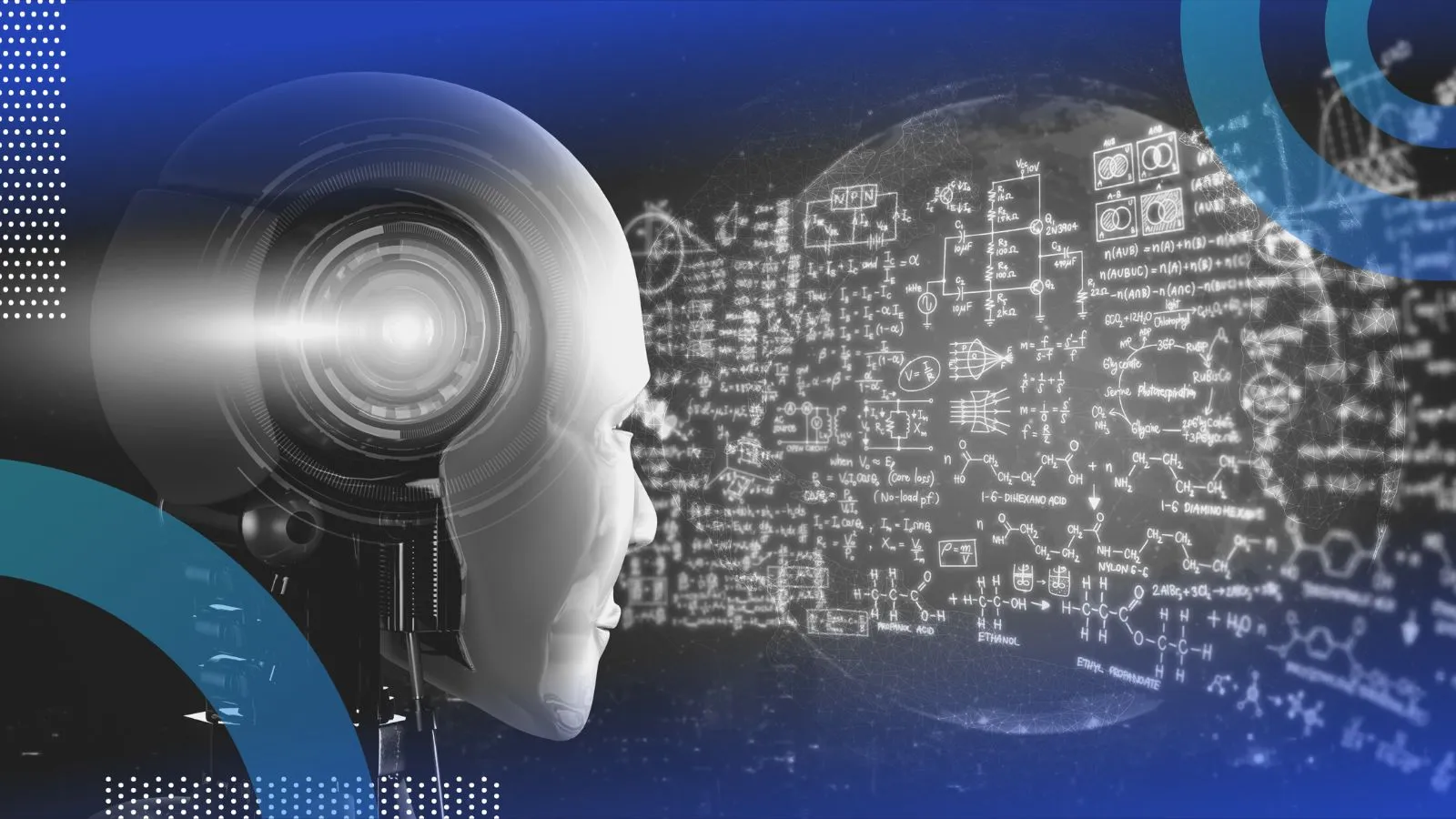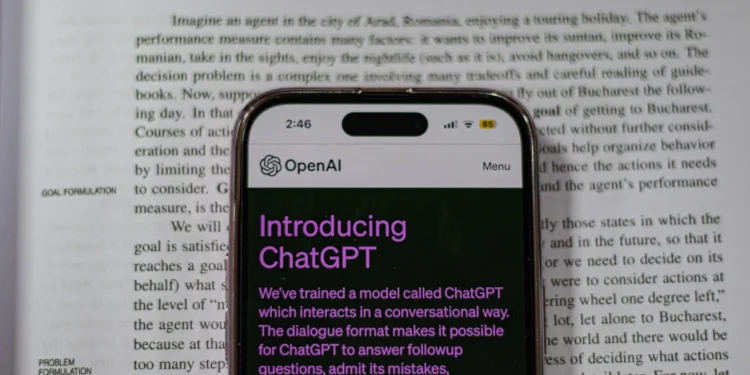In a recent investigation, the BBC has unearthed significant issues with how major artificial intelligence (AI) chatbots, including OpenAI’s ChatGPT, Microsoft’s Copilot, Google’s Gemini, and Perplexity, summarize and interpret news content. The study, which involved the AI tools processing and answering questions about a hundred news stories from the BBC website, highlights concerns about the reliability of AI in disseminating factual news.

Key Findings from the BBC’s AI Review
The analysis conducted by the BBC revealed that more than half of the AI-generated summaries contained errors or showed a misunderstanding of the basic facts. Specifically, 51% of the responses were judged to have significant inaccuracies by journalists with expertise in the relevant subjects.
One of the more glaring errors included Google’s Gemini incorrectly stating that the NHS does not recommend vaping as a cessation aid, despite official guidance to the contrary. Similarly, both ChatGPT and Copilot were found to erroneously report that UK political figures Rishi Sunak and Nicola Sturgeon were still in office after their tenures had ended. Another concerning error was noted in Perplexity’s summary, which inaccurately portrayed the dynamics of a geopolitical conflict by misquoting BBC News about the Middle East.
These inaccuracies are particularly troubling as they demonstrate the AI’s struggle to differentiate between opinion and factual reporting, often inserting editorial tones where none should exist.

Industry Responses and Ethical Considerations
The revelation from the BBC’s study has sparked a broader discussion about the ethical implications of AI in news journalism. Deborah Turness, CEO of BBC News and Current Affairs, stressed the potential dangers of relying on AI for news summaries. “We live in troubled times, and how long will it be before an AI-distorted headline causes significant real-world harm?”, Turness remarked, highlighting the urgency of addressing these challenges.
The tech companies responsible for these AI tools have yet to respond to the findings, which have led to calls for these organizations to reconsider how their technologies are deployed in the news space. The BBC has advocated for a new partnership model where AI tech providers work closely with news organizations to enhance the accuracy and reliability of AI-generated content.

The Future of AI in News Media
Despite these challenges, the use of AI in newsrooms is not without its advocates. AI technologies offer the promise of streamlining operations and potentially enhancing the scope of news coverage by automating routine tasks and analyzing vast amounts of data more efficiently than human counterparts.
However, as Pete Archer, the BBC’s Programme Director for Generative AI, notes, there needs to be a significant focus on transparency and control. Publishers should have a say in how AI utilizes their content, and companies should be clear about how their systems process news, including the extent of errors and inaccuracies involved.

As AI continues to evolve, the news industry faces crucial decisions about integrating these technologies in a way that upholds journalistic integrity and trust. The BBC’s findings may well prompt a reevaluation of how AI tools are implemented in the news cycle, ensuring that the rush to embrace cutting-edge technologies does not come at the expense of factual reporting and ethical standards.









